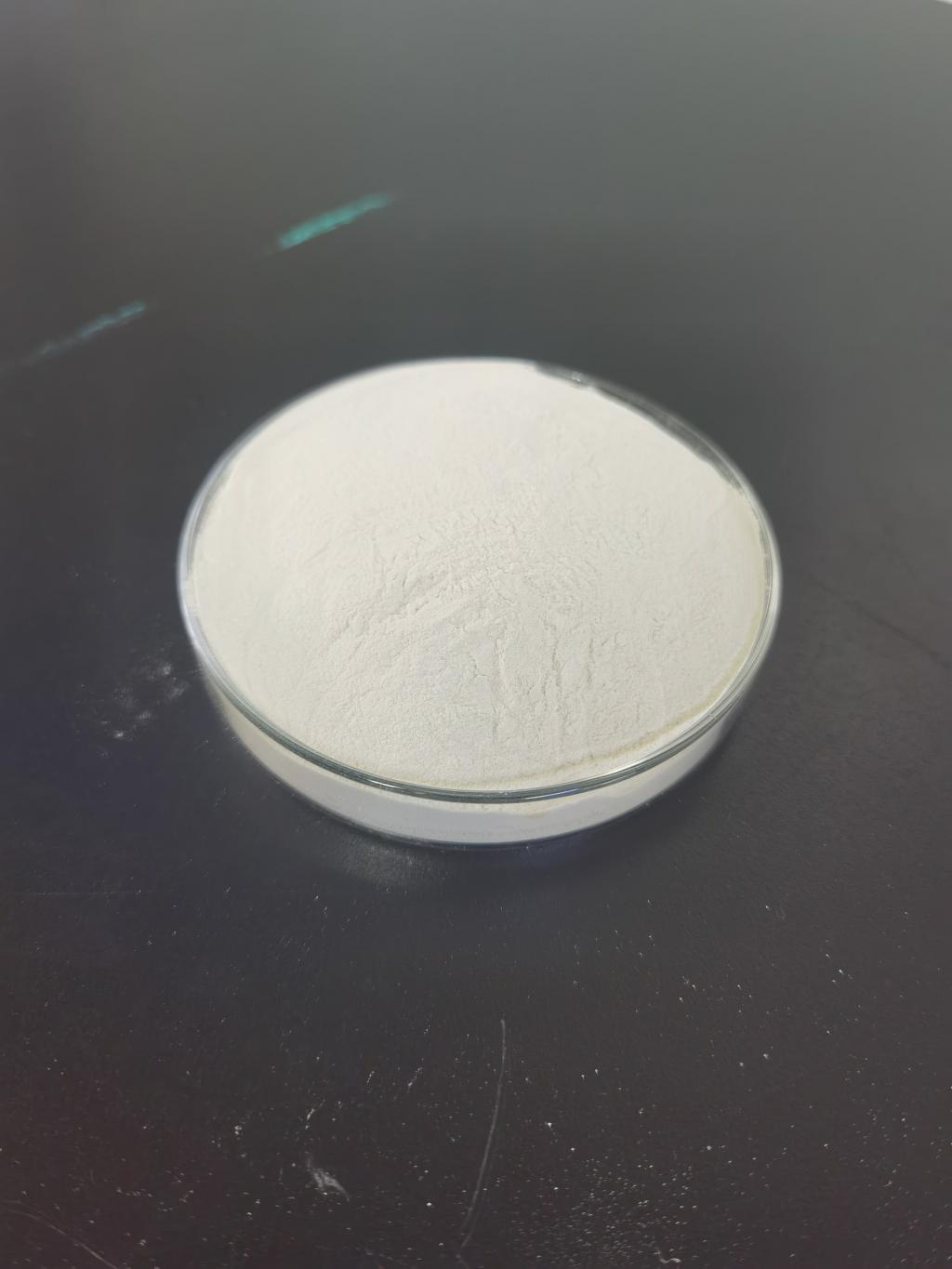Tel:+8618231198596

News
 CONTACT
CONTACT
 CONTACT
CONTACT
- Linkman:Linda Yao
- Tel: +8618231198596
- Email:linda.yao@dcpharma.cn
- Linkman:CHARLES.WANG
- Department:Overseas
- Tel: 0086 0311-85537378 0086 0311-85539701
News
Nisin's potential in extending the shelf life of perishable foods.
TIME:2023-08-11
Introduction:
Perishable foods, characterized by their susceptibility to spoilage and deterioration, contribute significantly to food waste, economic losses, and environmental impact. The global challenge of feeding a growing population while minimizing food waste necessitates innovative approaches to extend the shelf life of perishable foods. Nisin, produced by certain strains of lactic acid bacteria, holds promise as a natural and sustainable solution to combat microbial growth and prolong the freshness of various food products.
Perishable Food Spoilage: Factors and Consequences:
Perishable foods are susceptible to spoilage due to factors such as microbial activity, enzymatic reactions, and physicochemical changes. Microorganisms, including bacteria, yeasts, and molds, play a pivotal role in accelerating spoilage by producing off-flavors, odors, and visible changes in texture and appearance. The economic and environmental consequences of food spoilage underscore the urgency of finding effective preservation methods.
Nisin's Mechanisms of Action:
Nisin's antimicrobial activity stems from its multifaceted mechanisms of action. It disrupts bacterial cell membranes by binding to lipid II, a crucial precursor in cell wall synthesis, resulting in membrane permeabilization and cell death. Nisin also interferes with essential processes in bacteria, such as energy production and DNA replication. These mechanisms collectively contribute to its ability to inhibit the growth of spoilage microorganisms and foodborne pathogens.
Effectiveness of Nisin in Shelf Life Extension:
Research has demonstrated the efficacy of nisin in extending the shelf life of various perishable foods. In dairy products, nisin has been shown to inhibit the growth of spoilage bacteria and improve the quality and safety of cheeses and yogurt. In meat and poultry, nisin treatments have successfully delayed microbial growth and lipid oxidation, thereby prolonging freshness. Nisin's potential in extending the shelf life of baked goods and processed fruits and vegetables has also been explored, with promising results.
Safety Considerations:
Nisin's safety profile is well-established, as it has been used as a natural preservative in the food industry for decades. Regulatory agencies such as the U.S. Food and Drug Administration (FDA) and the European Food Safety Authority (EFSA) have recognized nisin as generally recognized as safe (GRAS) for use in food products. Its selective activity against specific bacteria further enhances its safety profile.
Challenges and Future Directions:
While nisin holds significant promise, challenges exist in optimizing its application for various perishable foods. Factors such as nisin concentration, compatibility with different food matrices, and interactions with other preservation techniques require further investigation. Developing standardized protocols and guidelines for nisin application, as well as addressing consumer perception and regulatory considerations, are essential steps in its broader adoption.
Conclusion:
The extension of perishable foods' shelf life is a critical objective for reducing food waste, enhancing sustainability, and ensuring food security. Nisin's proven efficacy in inhibiting microbial growth, improving food quality, and enhancing safety positions it as a valuable tool in achieving this goal. As research continues to refine nisin application techniques, address challenges, and establish best practices, its integration into food preservation strategies could play a pivotal role in minimizing the global burden of perishable food spoilage and waste.
- Tel:+8618231198596
- Whatsapp:18231198596
- Chat With Skype







